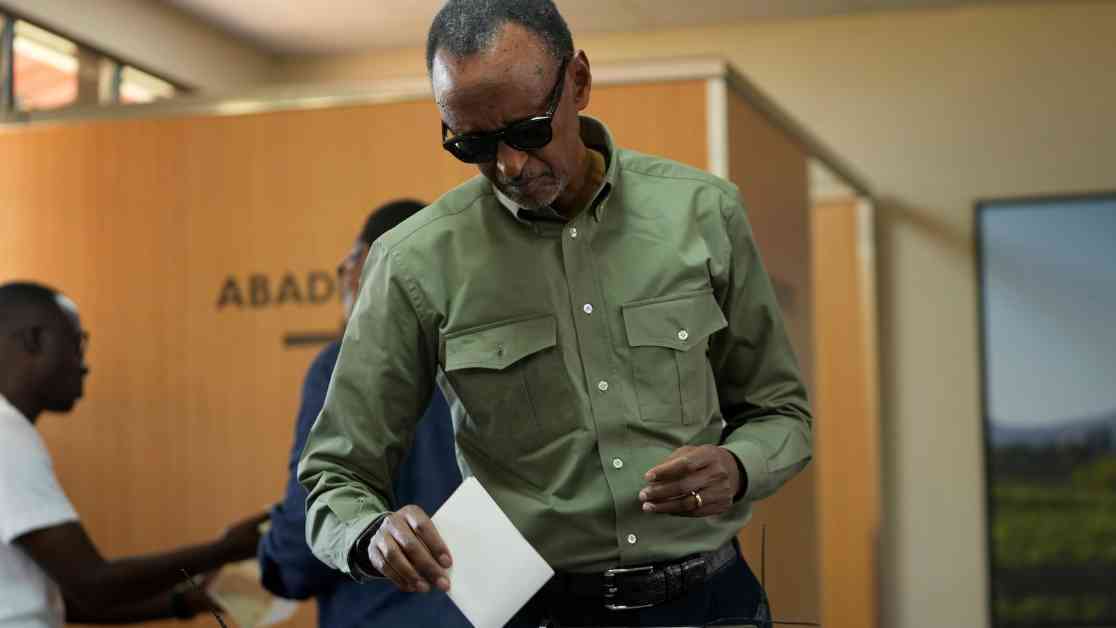Paul Kagame, the president of Rwanda, has been working tirelessly to put his country on the map as an African powerhouse. Despite being a small, landlocked nation, Rwanda has made significant strides in recent years, transforming its economy and reputation on the continent.
Kagame’s ambitious plans extend beyond politics and economics into the world of sports. From securing sponsorship deals with top European soccer clubs to developing partnerships with the NBA, Rwanda has been investing heavily in sports infrastructure and events.
One of the most significant moves in Kagame’s sports strategy is the potential hosting of a Formula 1 Grand Prix in Rwanda. While this may seem like a far-fetched idea given the country’s GDP and lack of a race track, the F1 executives have confirmed that they are in exploratory talks with the Rwandan government.
Stefano Domenicali, F1’s chief executive, has described Rwanda’s proposal as serious and emphasized the need for the right investment and strategic plan. Hosting an F1 race could position Rwanda as a global sporting power and open up opportunities for economic growth and diplomatic relations.
However, the bid to host an F1 race has also raised concerns about “sportswashing” – using sports to divert attention from human rights abuses and geopolitical controversies. Critics have pointed to Kagame’s repressive methods and Rwanda’s involvement in conflicts in neighboring countries as reasons to question the country’s sporting ambitions.
Despite these criticisms, Rwanda is not alone in using sports as a tool for economic and geopolitical gain. Countries like Saudi Arabia and Qatar have invested heavily in sports to shape their international image and boost tourism. However, Rwanda’s financial limitations and dependence on foreign aid raise questions about the sustainability and ethics of pursuing high-profile sporting events.
While hosting an F1 race could bring Rwanda global recognition and economic benefits, it also poses significant risks given the country’s economic weaknesses. The success of Kagame’s sports strategy remains uncertain, but it highlights the growing trend of using sports as a platform for development and diplomacy in Africa and beyond.








